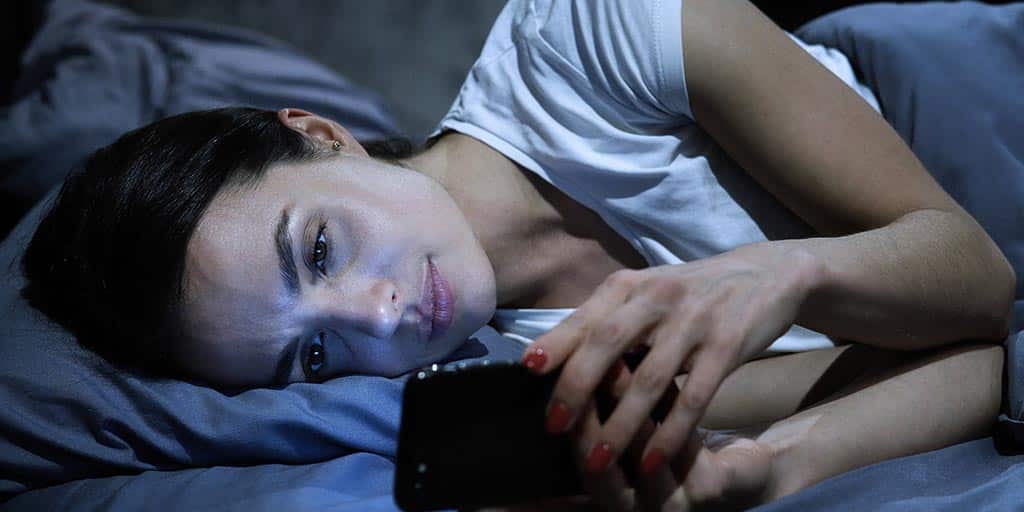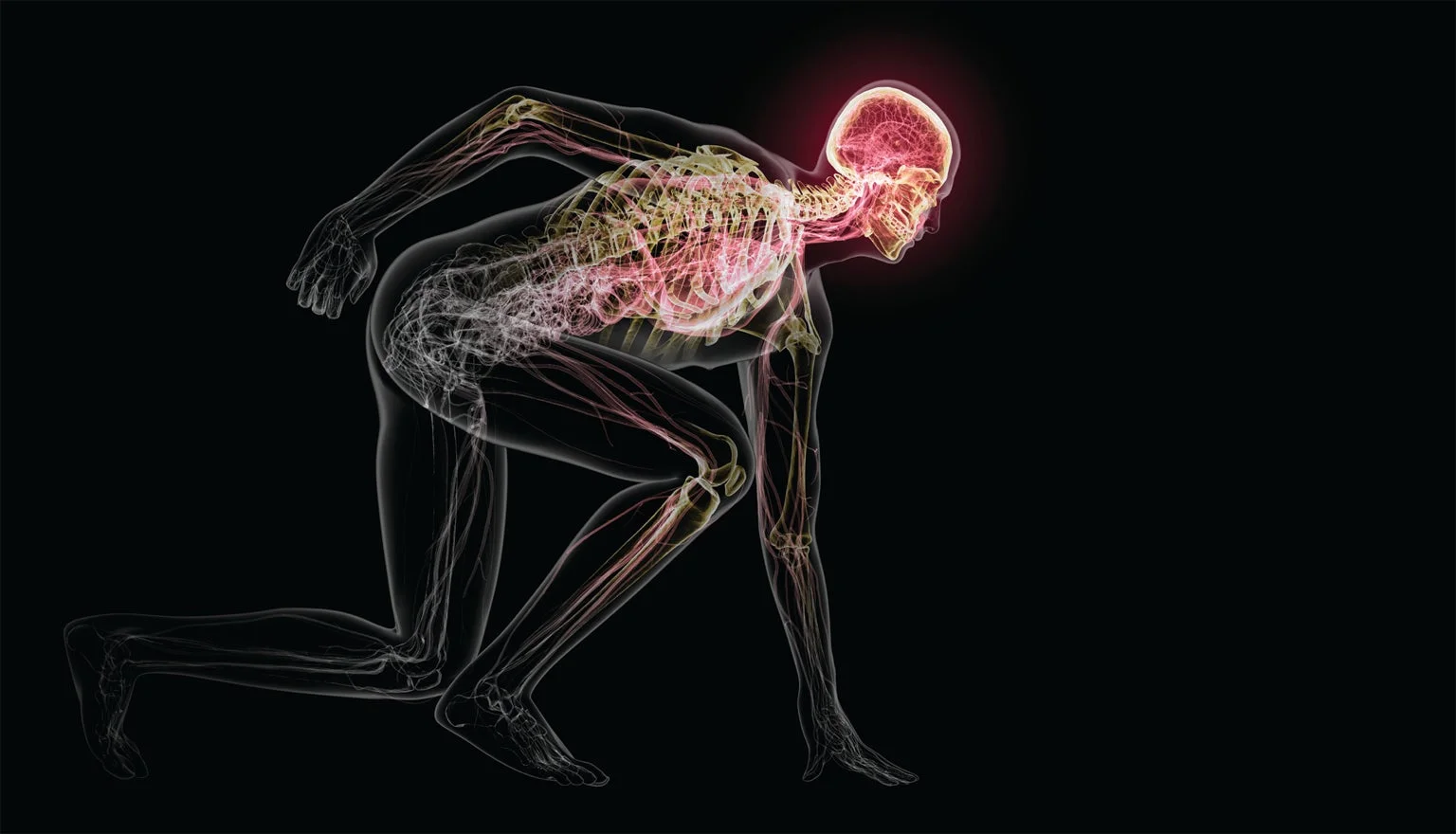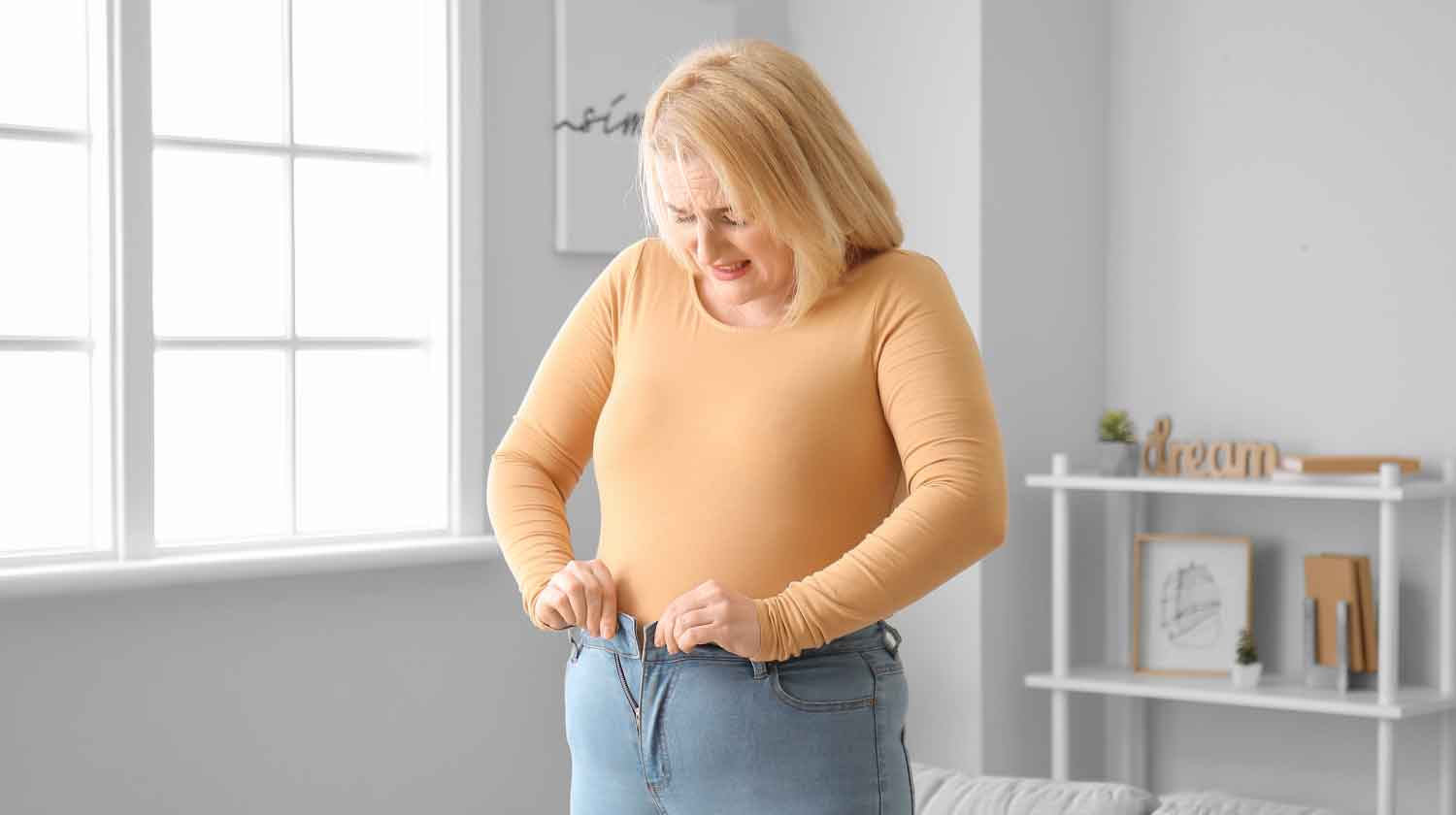Sleep Deprivation: 5 Daily Habits That Are Ruining Your Good Night Sleep


Do you wake up tired or exhausted, struggle to focus at work, or have trouble remembering things? All of these are symptoms of sleep deprivation, which means you are either not getting enough sleep or are sleeping for fewer hours than necessary. According to research, sleeping between 10 and 11 p.m. is the best time for heart health because it coincides with the circadian rhythm and daylight exposure. You may be unaware of certain daily habits that have developed as a result of sleep deprivation.
Nutrionist, Lovneet Batra says ”A good night’s sleep is wonderful! And I am talking about deep, uninterrupted, 6-8 hours. But we may fail to pay attention to our habits, which—surprise!—could be preventing us from getting a good night’s sleep.”
Here is a quick rundown of those habits that ruin your sleep:
Bedtime screen use: Blue light from your phone throws off your circadian rhythms and keeps you from falling asleep and/or getting restful sleep. This blue light can suppress your body’s production of melatonin the master controlling hormone of your sleep-wake cycle. Insufficient melatonin can cause insomnia, irritability, and daytime sleepiness.
2. Eating large amounts of food before bed: Eating a large meal less than an hour before bed can make it difficult to fall asleep. Your body will still be trying to digest your meal, which may cause tossing and turning while you sleep
3. Indiscriminate Caffeine Consumption: Although coffee seems like the ultimate, round-the-clock energy hack ever known to be, it’s not! It can actually do you more harm than good if consumed indiscriminately. Caffeine is a stimulant that can make it hard to fall asleep.
4. Not exposing yourself to natural light: When we deprive ourselves of sunlight, we’re depleting our consumption of melanin, which makes melatonin, the chemical that helps us sleep.
5. Bottling up your Stress: High levels of stress impair sleep by prolonging how long it takes to fall asleep and fragmenting sleep. Sleep loss triggers our body’s stress response system, leading to an elevation in stress hormones, namely cortisol, which further disrupts sleep







